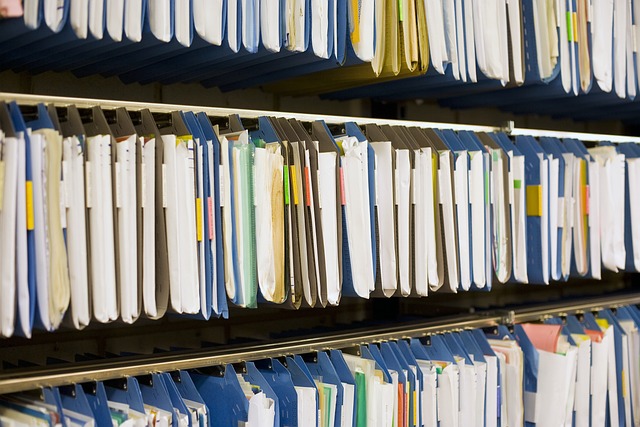Year-Round Recordkeeping for Eligible Expense Claims
Keeping records consistently throughout the year makes claiming eligible expenses more accurate and defensible. A steady habit of saving receipts, reconciling accounts, and organizing documentation simplifies filing, supports bookkeeping and reporting, and strengthens compliance if an audit occurs. This benefits employees, freelancers, and self-employed business owners managing allowances and write-offs.

Why continuous documentation reduces errors and stress Keeping records as expenses occur prevents the common end-of-year scramble that can lead to missed deductions or incomplete claims. Year-round recordkeeping creates a clear timeline of transactions and clarifies the business purpose of costs, which supports eligibility for allowances and write-offs. Regular documentation also reduces the chance of errors during filing and makes bookkeeping and reporting more efficient, whether you prepare returns yourself or work with an accountant.
What documentation to keep for expenses
Retain original receipts, digital scans, invoices, and bank or credit card statements that substantiate each payment. Important details include the date, amount, payee, and the reason for the expense; these elements are often required to support write-offs. For mixed personal and business costs, maintain a written allocation that explains the percentage used for business. Good documentation practices—such as consistent file naming and tagging—make retrieval easier and improve defensibility in the event of inquiries about eligibility.
How to organize bookkeeping and reporting
A reliable bookkeeping system links each expense to supporting documents and categorizes transactions for reporting. Regular reconciliation of bank and card statements uncovers missing entries and prevents double-counting. Organize costs by categories like travel, supplies, subscriptions, and home office expenses to simplify reporting periods. Producing monthly or quarterly reports reduces year-end workload and highlights anomalies early, allowing timely corrections before filing deadlines.
Special considerations for self-employed and home office claims
Self-employed taxpayers should maintain separate records for personal and business use and document the methodology used to calculate home office and other proportional claims. For home office deductions, retain floor plans, square footage calculations, utility invoices, and a log that demonstrates consistent business use. Track allowances received and any reimbursements to ensure expenses are not counted twice. Clear documentation of income sources and business-related costs is essential to establish eligibility and support claimed write-offs.
Handling international expenses and cross-border reporting
When expenses involve international travel, remote contractors, or foreign suppliers, keep additional evidence such as travel itineraries, currency conversion records, customs documents, and invoices indicating where services were provided. Different jurisdictions apply distinct rules for eligibility and deductible expenses; record your tax residency and note which rules guided each allocation. For cross-border reporting, a clear paper trail that links expenses to the applicable tax rules helps demonstrate compliance across reporting systems.
Preparing for audits and maintaining compliance
Audits focus on consistency and the business purpose behind claimed expenses. Organize files so every transaction can be matched to receipts, contracts, correspondence, or calendar entries that explain why the cost was incurred. Follow a record retention schedule aligned with local regulations—many jurisdictions require keeping records for several years after filing. Periodic internal reviews and spot checks of bookkeeping entries reduce systemic errors and create a stronger defense if reporting questions or an audit arise.
Practical habits for sustainable recordkeeping
Adopt simple routines: photograph receipts immediately, use expense-tracking apps, send invoices and supporting documents to a centralized email or cloud folder, and schedule monthly bookkeeping sessions. For businesses, implement a reimbursement policy that requires itemized receipts to ensure consistent treatment of allowances. If you use local services or hire an accountant in your area, handing over well-organized records reduces preparation time and supports accurate filing.
Conclusion Consistent, year-round recordkeeping makes claiming eligible expenses more accurate, defensible, and less time-consuming. By keeping receipts, clear documentation, and organized bookkeeping throughout the year—especially for self-employed individuals, home office claims, and cross-border expenses—you strengthen your reporting and improve compliance in the event of audits or inquiries.






